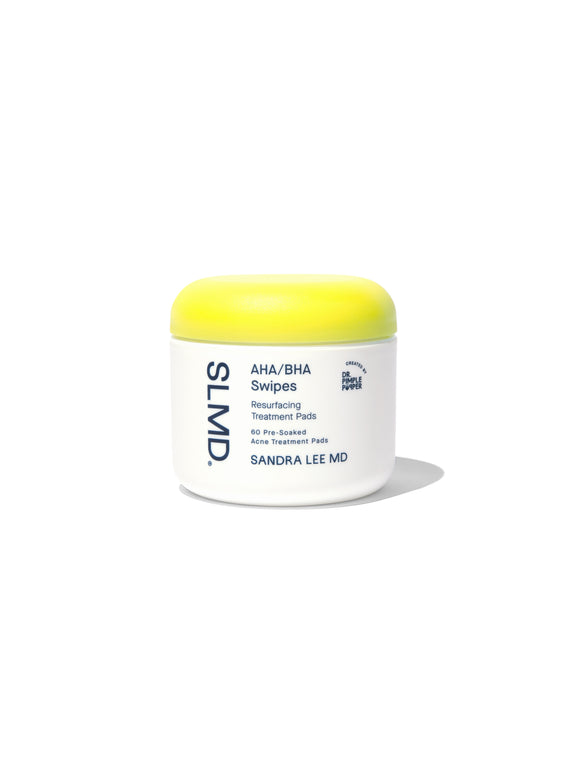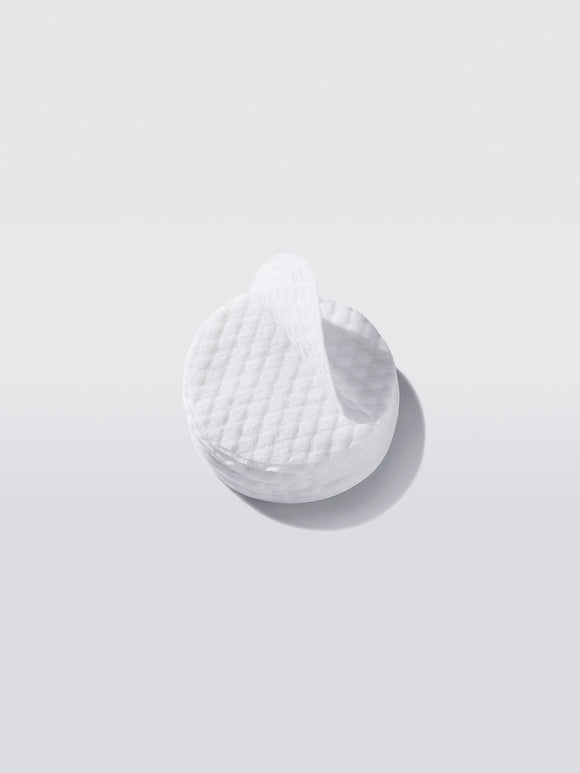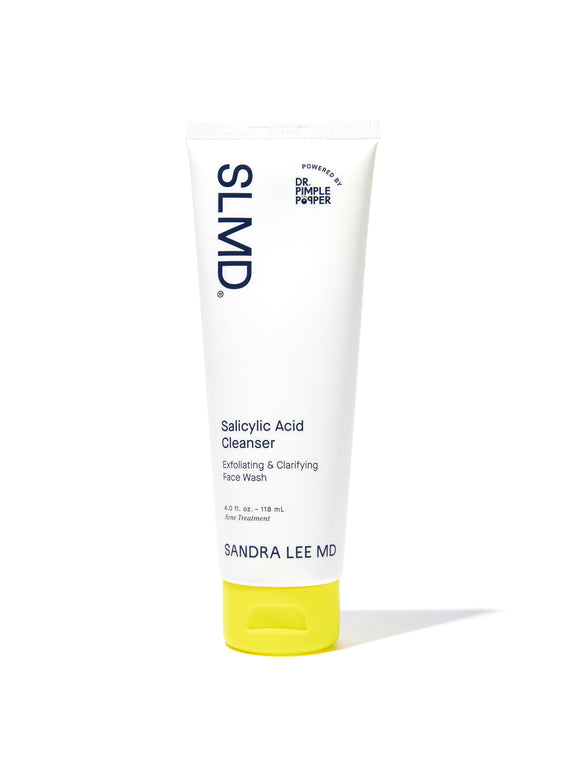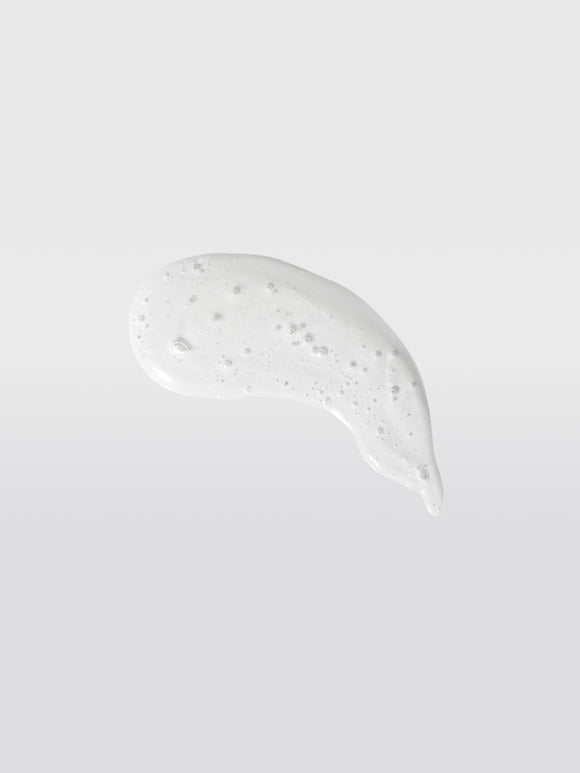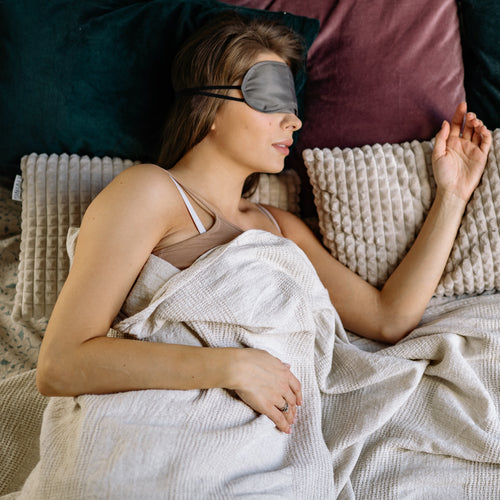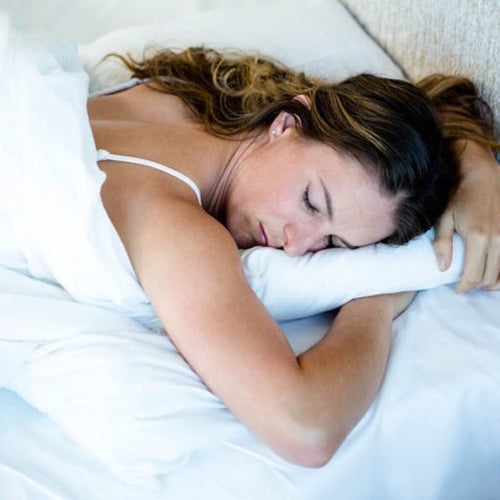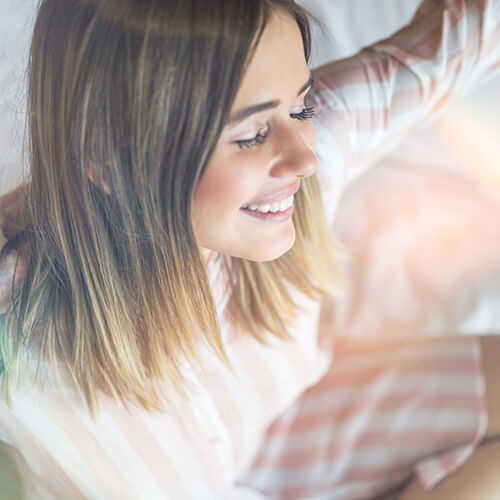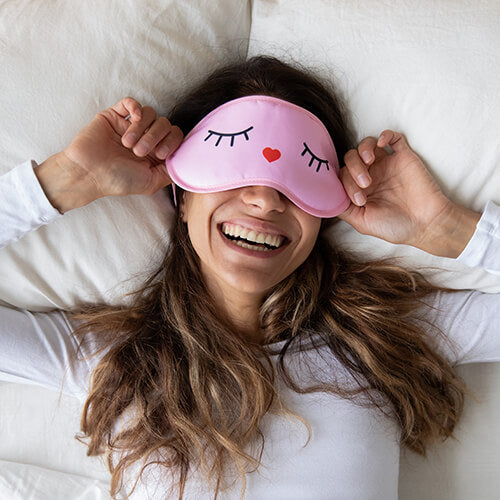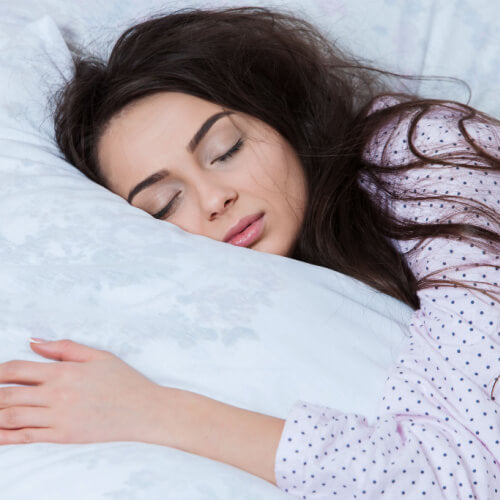
Is Sleeping in Your Makeup Really That Bad?
Sleeping in your makeup can’t be that bad, can it? Spoiler alert: it's a sure-fire way to compromise your skin health. So what’s the worst that can happen? We asked board-certified dermatologist Dr. Sandra Lee (aka Dr. Pimple Popper) to explain exactly what happens when you sleep in your makeup.
Published:
2 minute read
Sometimes, taking off all your makeup and washing your face before drifting off to sleep can seem…so…unnecessary. Sleeping in your makeup can’t be that bad, can it?
Spoiler alert: it’s not pretty. Leaving all that old goop on your face overnight — which is prime time for cellular repair and renewal — is a sure-fire way to compromise your skin health. So what’s the worst that can happen? We asked board-certified dermatologist Dr. Sandra Lee (aka Dr. Pimple Popper) to explain exactly what happens when you sleep in your makeup.
Article Quick Links
Why is sleeping in makeup so bad for your skin?
According to Dr. Lee, all makeup — even “clean” makeup, and especially thick cosmetics like Halloween makeup — contains ingredients that can be detrimental to your skin, like:
- Oils
- Waxes
- Pigments
- Preservatives
- Fragrance
Many of these substances are occlusive (read: pore-clogging), which means they increase your chances of forming microcomedones. These “baby” blackheads and whiteheads are too tiny to see, but they can enlarge into visible comedones — and eventually turn into full-on pimples.
Leaving these chemicals on your skin can have other lasting effects besides acne, explains Dr. Lee — read on.
What happens to your skin if you sleep in your makeup?
Let’s start with the good news: if you’re paying attention, you’ve probably realized that skipping your nightly cleansing routine once in a while isn’t going to do permanent damage to your skin.
However, if you make it a habit, you’re heading into dangerous territory in terms of skin health. That’s because not washing the makeup off your face causes a cascade of issues, like:
- Collagen breakdown — makeup traps damaging free radicals from the environment
- Inflammation — chemicals and bacteria in cosmetics can irritate and stress your skin
- Clogged pores/acne — occlusive ingredients become trapped in pores
The bottom line? Not only does sleeping in your makeup exacerbate acne, it also leads to premature aging (read: wrinkles and sagging) because it breaks down skin’s protein structures.
What’s the best way to take off your makeup?
Removing everyday makeup is typically a two-step process, says Dr. Lee. She suggests starting with a makeup remover product soaked on a soft cotton round. Don’t forget your eyes — but be gentle with this delicate skin.
Follow up by washing your face with lukewarm water, using a product that contains beta hydroxy acid, which is oil soluble so it can penetrate into your pores. If you’re into double-cleansing, you can finish with a brightening face wash.
Heavy makeup — like stage or Halloween makeup — requires a little extra effort to fully remove, notes Dr. Lee. Her secret: start with an oil-based cleanser that’s capable of cutting through the thick oils and waxes found in these types of cosmetics. Then proceed with your makeup remover and BHA cleanser.
For an extra pore-purifying boost, Dr. Lee recommends using a mini-peel product — something containing a combination of alpha and beta hydroxy acids — after you’re done cleansing.

Dr. Lee's Last Word
Please, please don’t sleep in your makeup! People are always asking me if it’s really bad not to wash your face at night…it’s not a big deal if you forget once in a while, but be prepared for some new pimples if you’ve got acne-prone skin. Now if you do this over time, you’ll find that your skin health will suffer, and you’ll show signs of premature aging.



